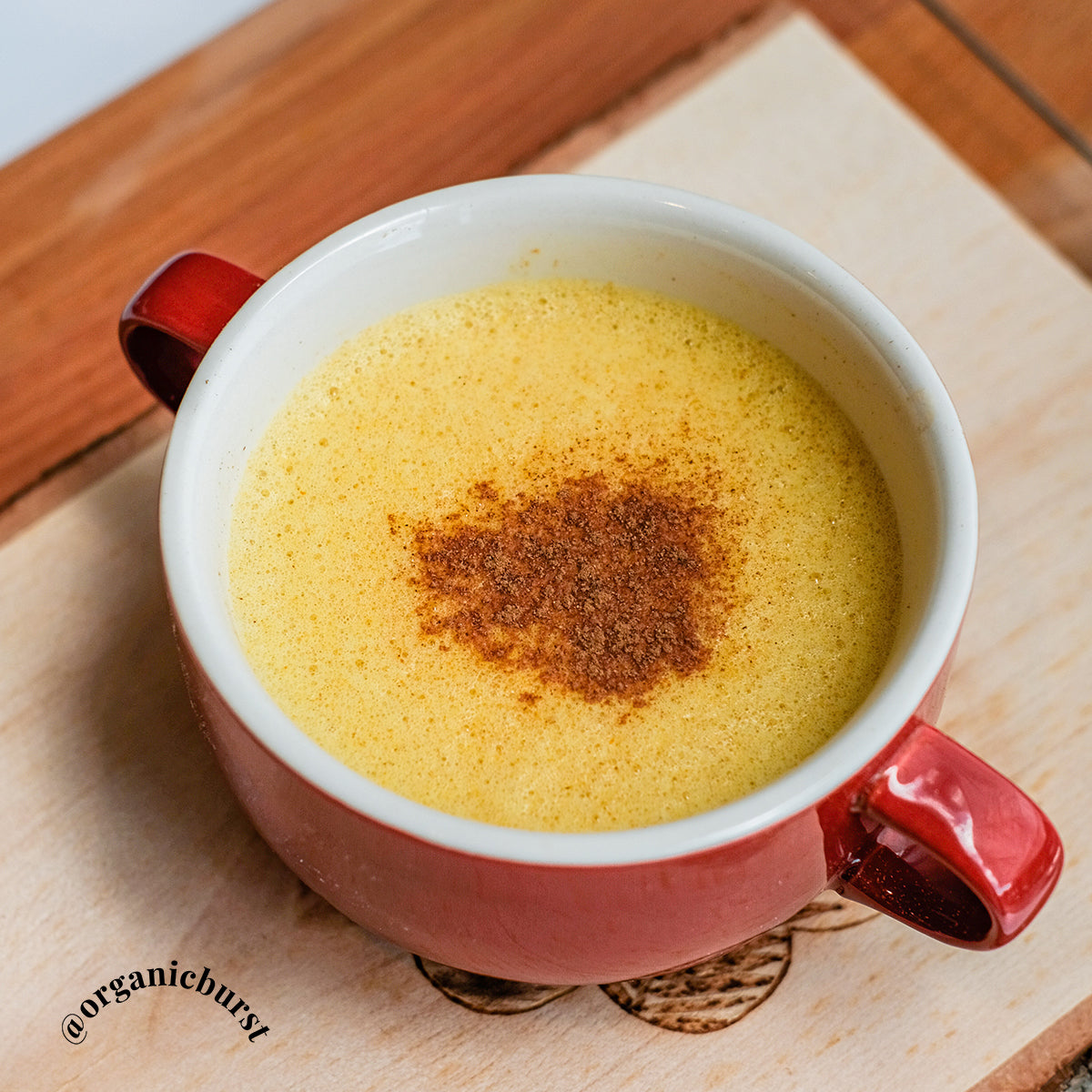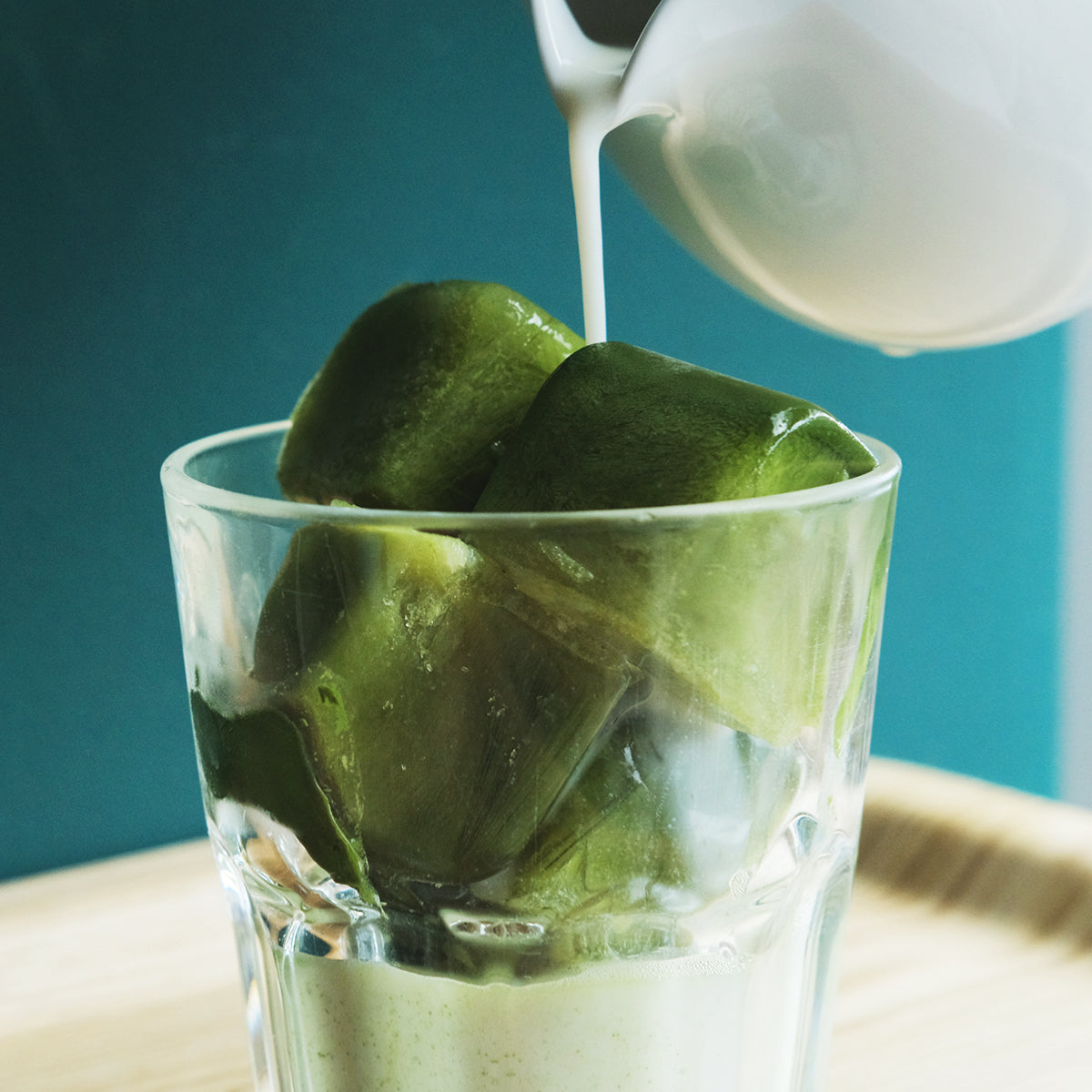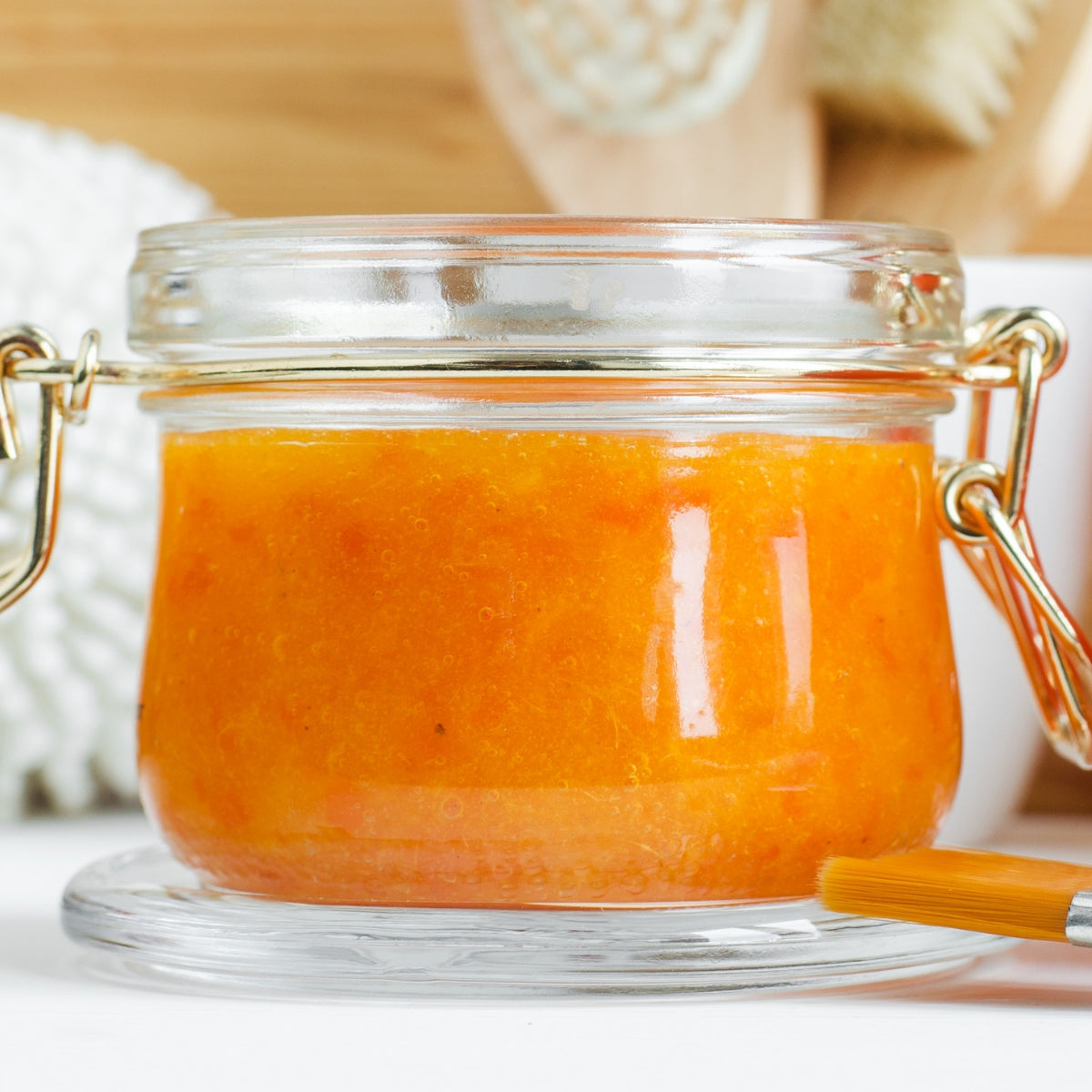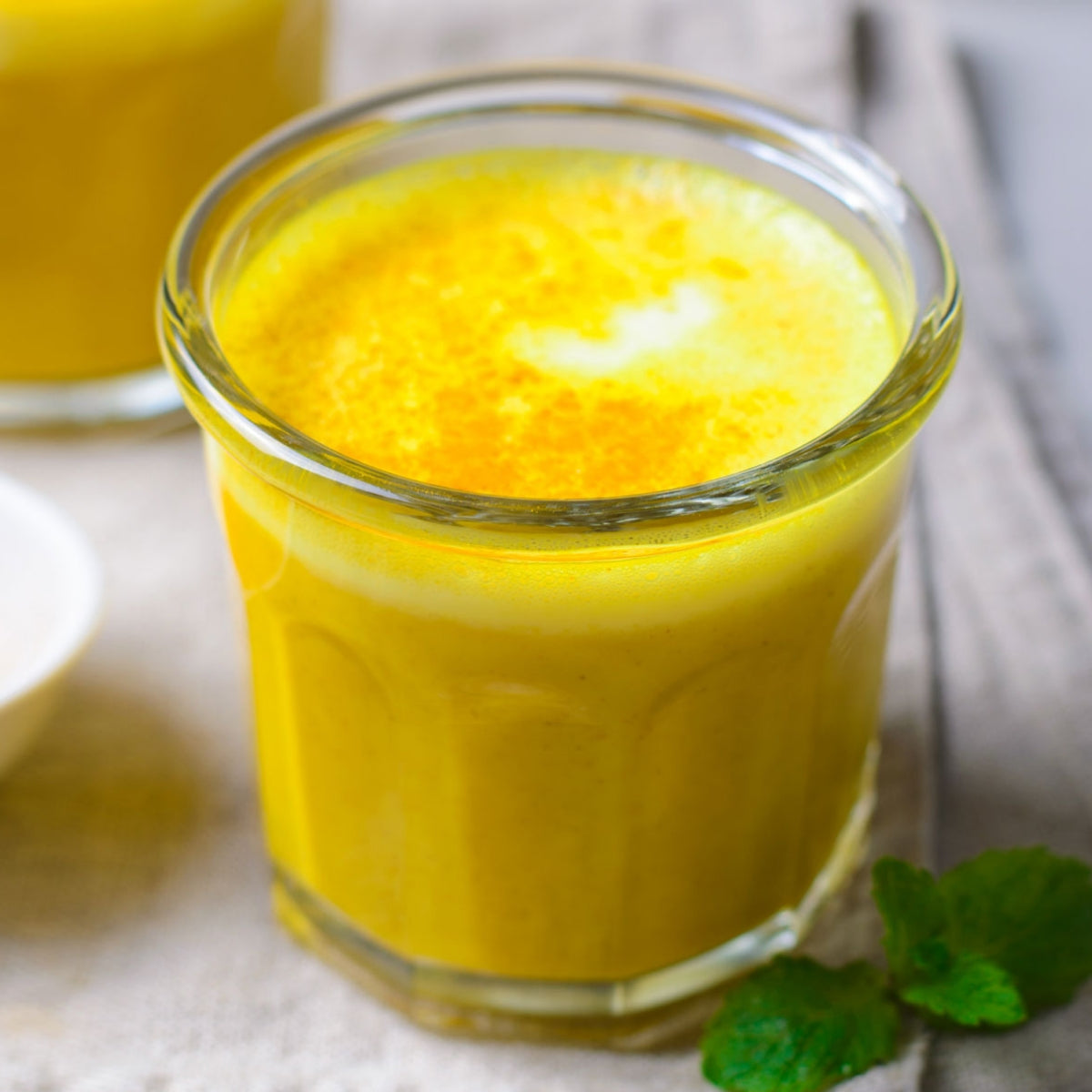In this article you'll discover:
- How to tackle your oral health without invasive treatments and poisonous chemicals.
- What are the best foods for healing your teeth.
- A non-toxic homemade toothpaste recipe.

We spoke to expert Ramiel Nagel, who is an internationally recognised author and speaker on the subject of tooth and gum health. He spoke at the 11th annual Wise Traditions, a conference organised by the Weston Price Foundation, and at the London University of Westminster.
He wrote his book Cure Tooth Decay, Heal & Prevent Cavities With Nutrition after rediscovering the lost cure for tooth cavities when searching for answers about his daughter's tooth decay.
“Cure Tooth Decay is treasure-trove of wisdom as it takes the mystery out of dental health." Dr. Gallagher, President of the Holistic Dental Association
In this interview, Ramiel answers our questions about oral health and reveals surprising ways to look after your teeth.
Do bacteria cause cavities?
RN: We live in a symbiotic relationship with bacteria in our body. Bacteria are essential for metabolising and utilising food. If it was as easy as taking an anti-bacterial rinse to cure cavities, then we wouldn’t need dentists and we would not have teeth problems.
The truth is, bacteria are part of the process related to tooth decay, but the process is controlled and regulated by our brain and neuro-endocrine system. Our body uses enzymes to chelate minerals from our teeth to other organs in the body. There's much more going on than just bacteria!
Fluoride is supposed to be good for teeth, but we've also heard it's poisonous. What's your take on it?
RN: Fluoride does not heal tooth cavities. In 1986–1987, a study involving 39,207 children aged 5–17 showed no statistical difference in tooth decay from using non-fluoridated or fluoridated water. Several large scale studies worldwide show the same results.
Fluoride is an enzyme and hormone inhibitor, affecting the nervous system as well as digestion. Topical fluoride does harden teeth temporarily, but at the expense of placing a known poison in the mouth.
Xylitol is the chosen sweetener in a lot of children's vitamins, does it really promote tooth health?
RN: Good sweeteners are natural. While xylitol can occur naturally, the extracted stuff is an unnatural isolate. Xylitol is a sugar alcohol, and not simply a sugar. Pets can overdose on xylitol, with side effects ranging from seizures to liver damage, and even death.
A research report in the Journal of the American Dental Association suggested that claims that xylitol stops cavities need further studies. I find it strange that dentists know that sugar causes and contributes to cavities, but then they would recommend the use of a sweet sugar substance to try to control cavities. It does not add up.
Should we use mouthwash to maintain oral health?
RN: It really depends on what you are using. But the idea of sterilizing the first part of your digestive tract (your mouth) to create oral health is not smart. The mouth is supposed to be full of bacteria.
The goal is to have a healthy bacterial balance. Killing everything in one's mouth is not the best path to take for most of us. There are some herbal mouthwashes that can help heal the mouth tissues.
And let's not forget the popular oil pulling, which can help detoxify oral tissues [see our article on Oil Pulling].
Do cavities get worse if they are not filled?
Cavities can actually remineralize on their own and, if they've healed up, then they don't need to be filled!
Sometimes cavities can get worse if they are left alone. But dietary intervention can harden up cavities in a high percentage of cases, meaning less drilling or no drilling at all.
The remineralized tooth is as strong or stronger than the tooth before the cavity formed.
>> Read on to learn more from our interview with Ramiel about the diet and lifestyle advice he has developed to support oral health:
Which nutrients are important to help strengthen the teeth and heal the mouth?
RN: Here's my pick of the most valuable nutrients for the teeth:
- Fat soluble Vitamins A, D and K
- Minerals: Calcium and Phosphorous
- Vitamin C
- Trace Minerals
These are the most important. But a deficiency in any vitamin or trace mineral could potentially cause cavities or gum disease. Without specific testing, its hard to pinpoint the exact problem. But eating a nutrient-rich diet that includes special fats (outlined below), and high levels of minerals is enough for most people to stop cavities.
What are your top 4 foods to reverse tooth decay?
RN: These foods are top of my list:
- Cheese from grass-fed animals
- Butter from grass-fed animals
- Cod Liver Oil
- Kelp Powder
What’s the best way to care for your teeth, in terms of brushing and flossing methods?
RN: Here's my simple, homemade toothpaste recipe to try out:
- 2 tablespoons baking soda (pure sodium bicarbonate only)
- 1 teaspoon finely ground sea salt
- 5–10 drops of organic peppermint essential oil (available in natural food stores or online)
Bear in mind that baking soda is not right for everyone. Some people find it too abrasive. You can also buy a good tooth powder at Holistic Dental Store.
I don’t advise any specific oral care routine. I think people should choose what feels good to them. I think in general brushing and flossing are helpful, provided that you avoid overly abrasive and toxic pastes.
I brush with herbal tooth powder 2-3 times per day, floss as needed and use a water flosser as needed. I use herbal mouthwashes and oil pulling as I feel like. You want to come up with your own routine that feels good. Some people with really healthy bodies only brush with water on occasion!
Thank you Ramiel!
If you’re worried about your teeth, or your dentist has recommended invasive treatments, now's the time to talk to them about alternatives.














